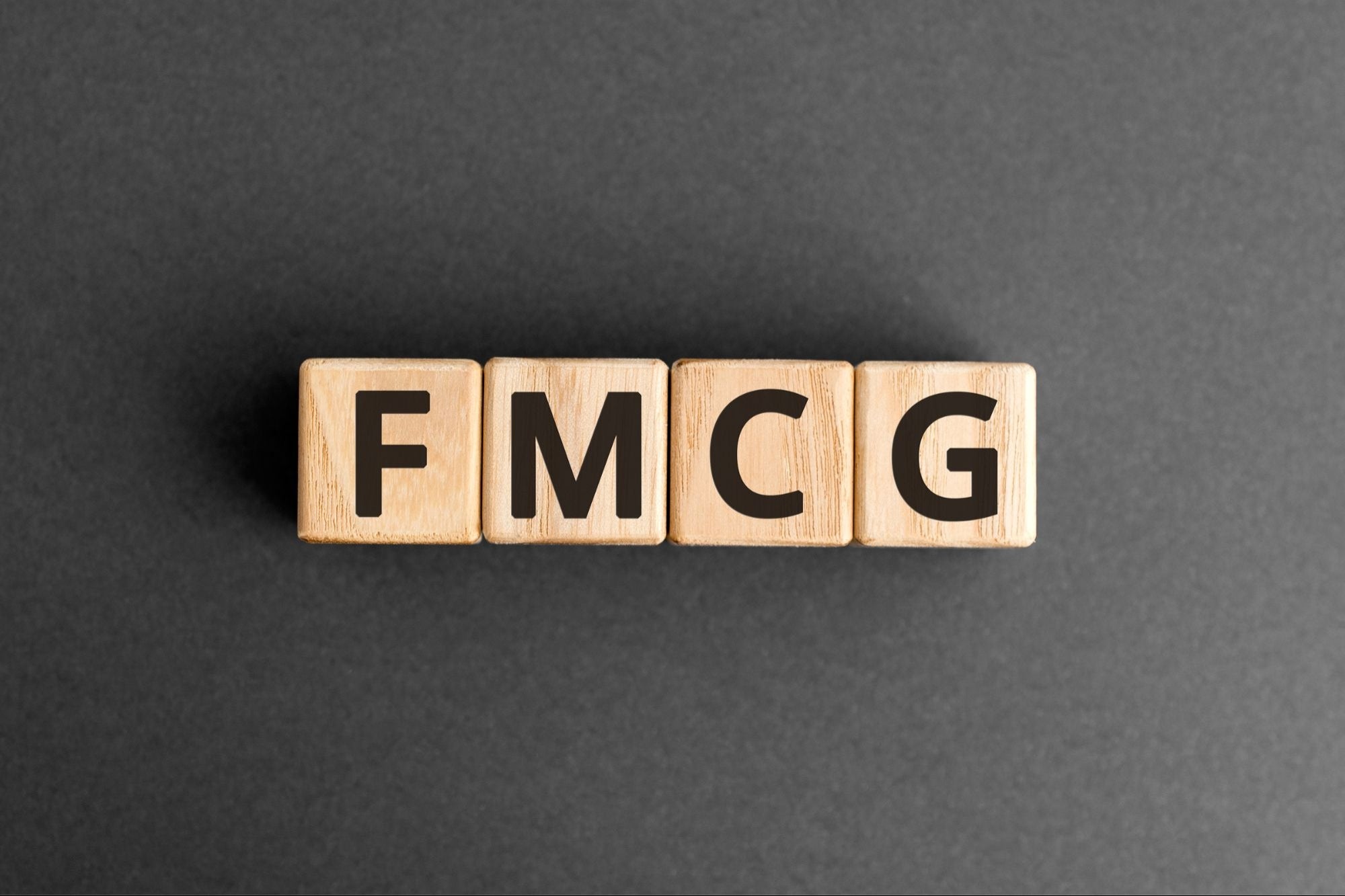How Digital Channels Contributed To Quarterly Growth Of FMCG Firms 'ITC e-Store', the company's exclusive D2C platform, is now operational in 24,000-plus pin-codes; Nestle India's e-commerce channel contributed to 6.1 per cent of the quarterly sales with continued growth across product groups driven by Quick Commerce
By Shrabona Ghosh •
Opinions expressed by Entrepreneur contributors are their own.
You're reading Entrepreneur India, an international franchise of Entrepreneur Media.

India's e-commerce sector has transformed the way business is done in India and has opened various segments of commerce ranging from business-to-business (B2B), direct-to-consumer (D2C), consumer-to-consumer (C2C) and consumer-to-business (C2B). This trend has been leveraged by FMCG majors such as Nestle, ITC, Dabur, among others.
In its quarterly results Nestle India reported an increase of 37.28 per cent of profit year-on-year (YoY). The e-commerce contributed to 6.1 per cent of the quarterly sales with continued growth across channels driven by quick commerce. "I am happy to note that our D2C platform www.mynestle.in has performed well in Delhi NCR and now we are in the process of expanding it to other cities. The power of technology has been instrumental in getting actionable insights through our analytics platform MIDAS. This has helped in taking quick, granular, decentralized and robust decisions across our operating canvas," Suresh Narayanan, chairman and MD, Nestlé India, said in the quarterly results, adding that the retail channel continued delivering strong double-digit growth.
The rapid rise of Internet users and smartphone penetration coupled with rising incomes has assisted the growth of India's e-commerce sector. According to a report by India's Brand Equity Foundation, major segments such as D2C and B2B have experienced immense growth in recent years. India's D2C market is expected to reach US$ 60 billion by FY27.
"Globally, nearly 20 percent of total global sales in 2021 were made from online purchases. By 2025, nearly a quarter of all global sales are expected to be made online," quoted McKinsey in a report.
Hotel to FMCG major ITC reported an increase of 10.32 per cent in net profit compared to last year for the September quarter of the current financial year. The profit after tax (PAT) stood at INR 4,926.96 crore in this quarter.
The FMCG Businesses continued to witness robust growth in both urban and rural markets on a high base, driven by enhanced distribution footprint, superior last mile execution, deep consumer insights, purposeful innovation and portfolio premiumisation. "Both traditional and emerging channels (viz. Modern Trade, eCommerce, Quick Commerce) witnessed robust traction driven by sharp execution of channel-specific business plans, collaborations, format-based assortments catering to the needs of a diverse set of shoppers and category-specific sell-out strategies," the company said in a statement.
The company's Trade Marketing & Distribution highway has transformed into a smart omni-channel network including six Direct to Consumer (D2C) platforms. 'ITC e-Store', the company's exclusive D2C platform, is now operational in 24,000-plus pin-codes and continues to receive excellent consumer response. Category specific D2C platforms such as Classmateshop.com, Dermafique.com and Aashirvaad.com/Meri Chakki are being scaled up to gain consumer insights, as well as commerce. These initiatives continue to receive encouraging consumer response. The company's digitally powered eB2B platform, UNNATI app covers over 6.3 lakh outlets, facilitating direct engagement with retailers, superior analytics, personalized recommendations of hyperlocal baskets based on consumer purchase insights, and deeper brand engagement.
Dabur India soft-launched its own D2C channel called DaburShop with a limited assortment of products and are working on progressively increasing the range available here. DaburShop will be used as a platform for special digitally curated or digital first brands and products that would be launched from the House of Dabur. The packaged food maker aims to grab a larger share of the booming e-commerce market, currently, online sales contribute 9 per cent of total sales.
According to IBEF, Indian e-commerce is expected to grow at a compound annual growth rate (CAGR) of 27 per cent to reach $163 billion by 2026.












